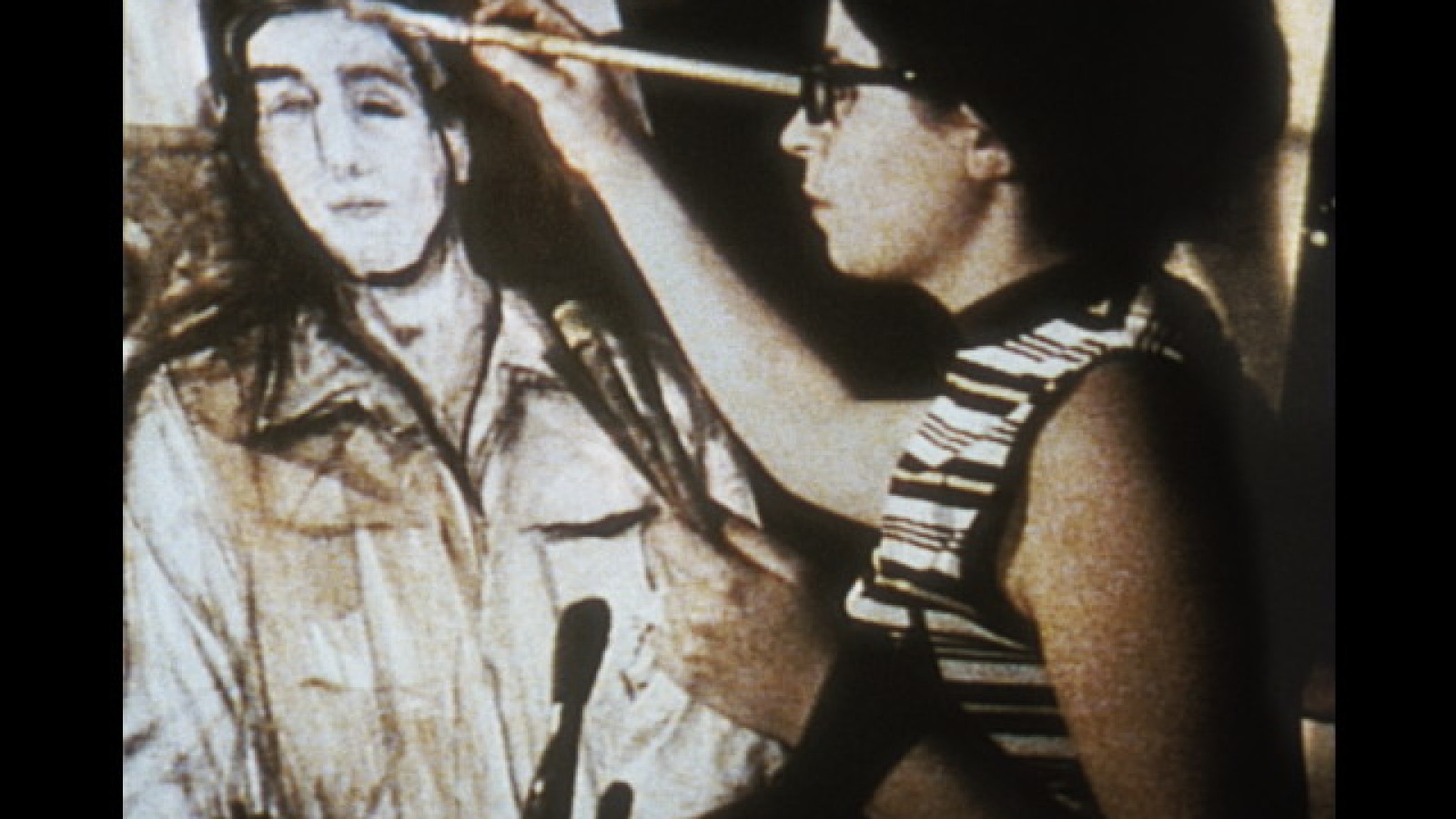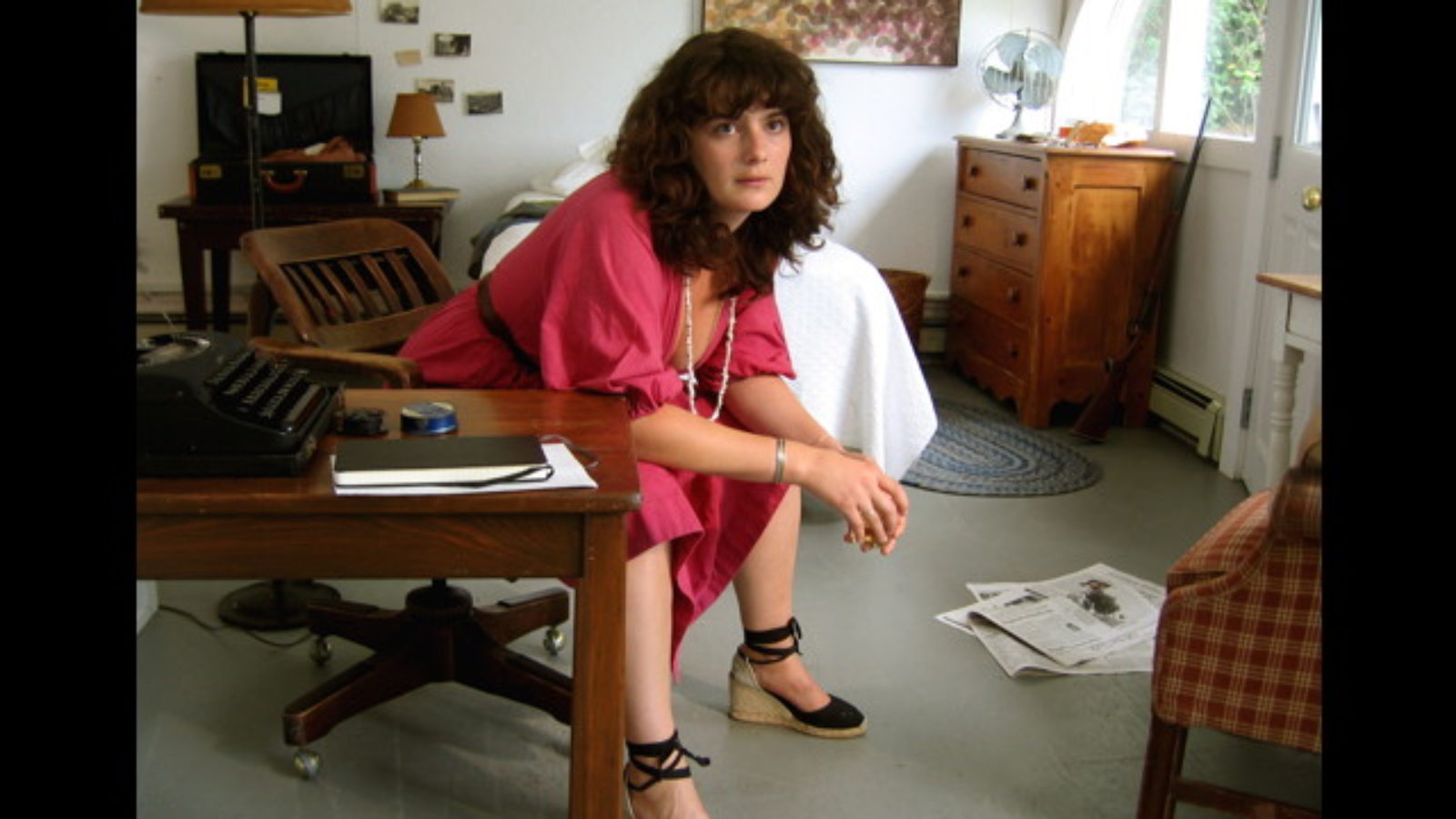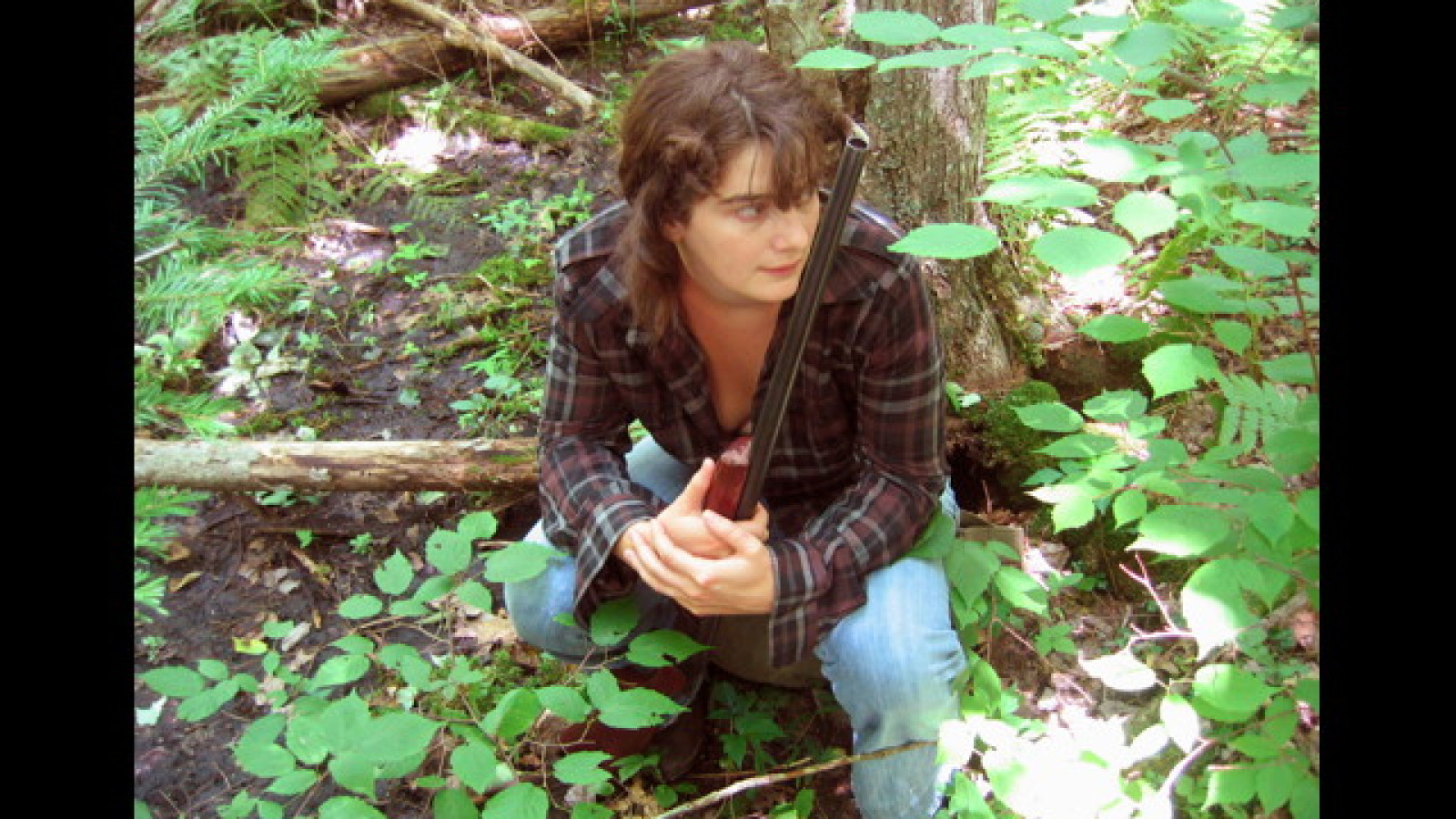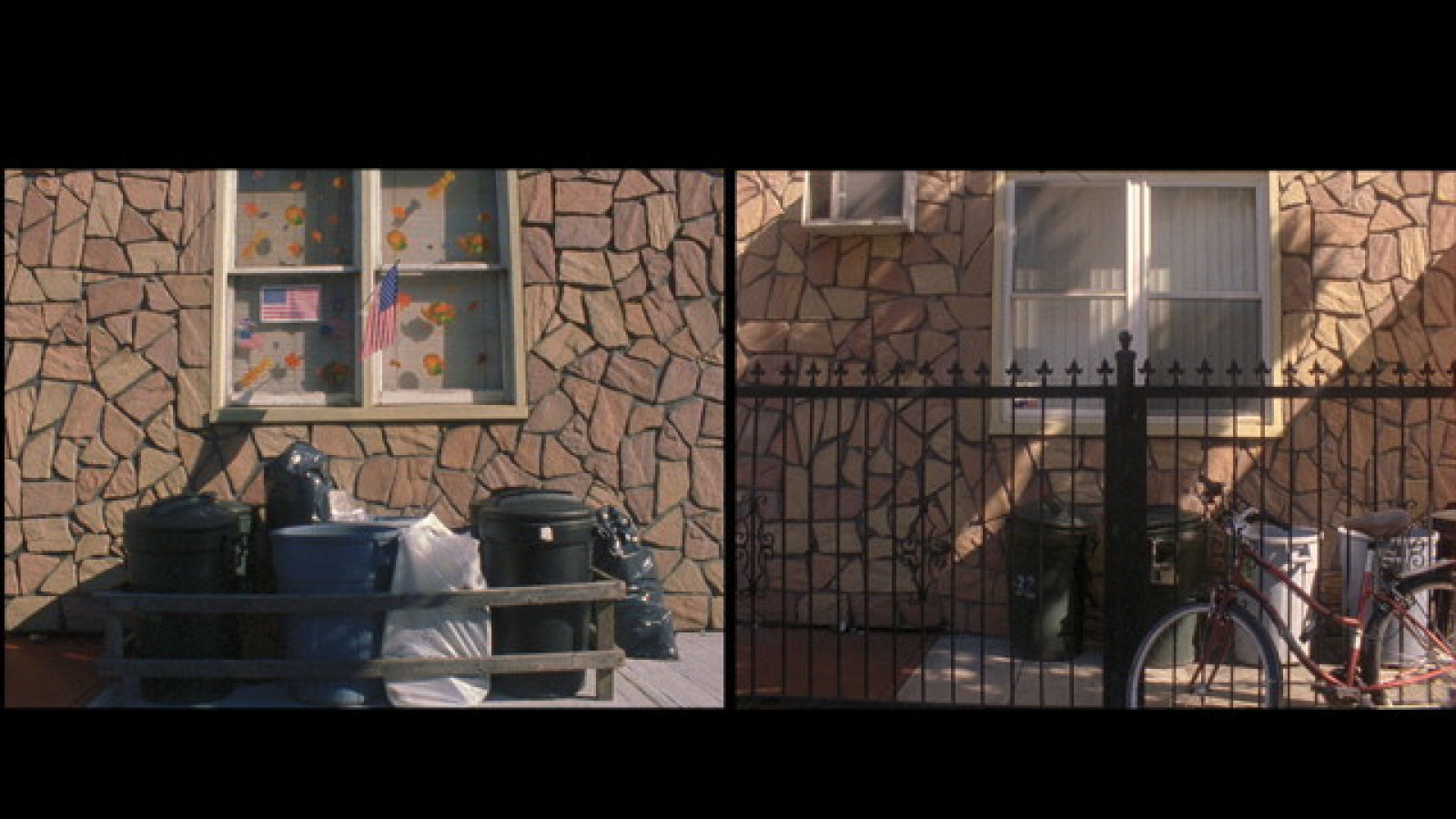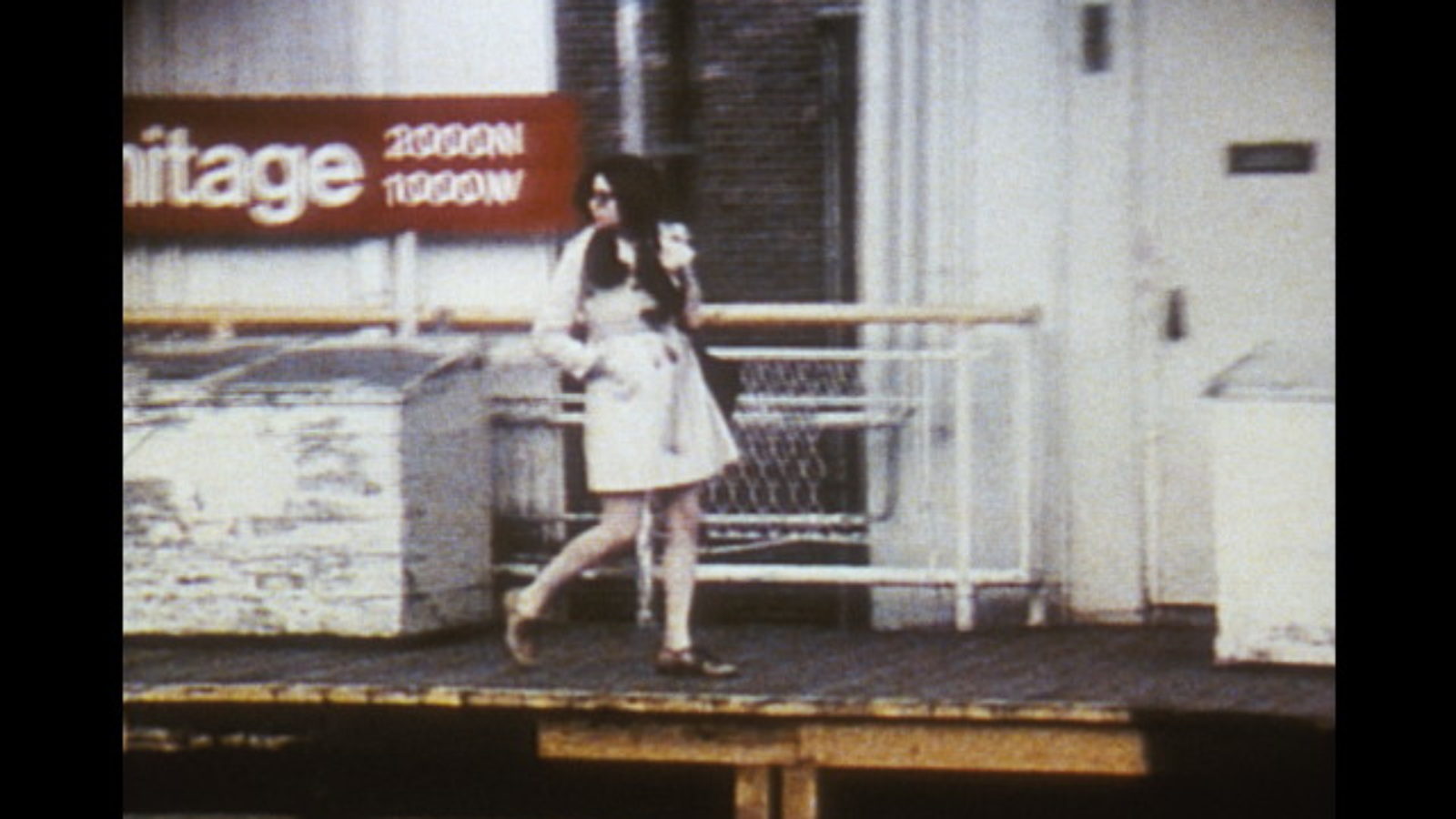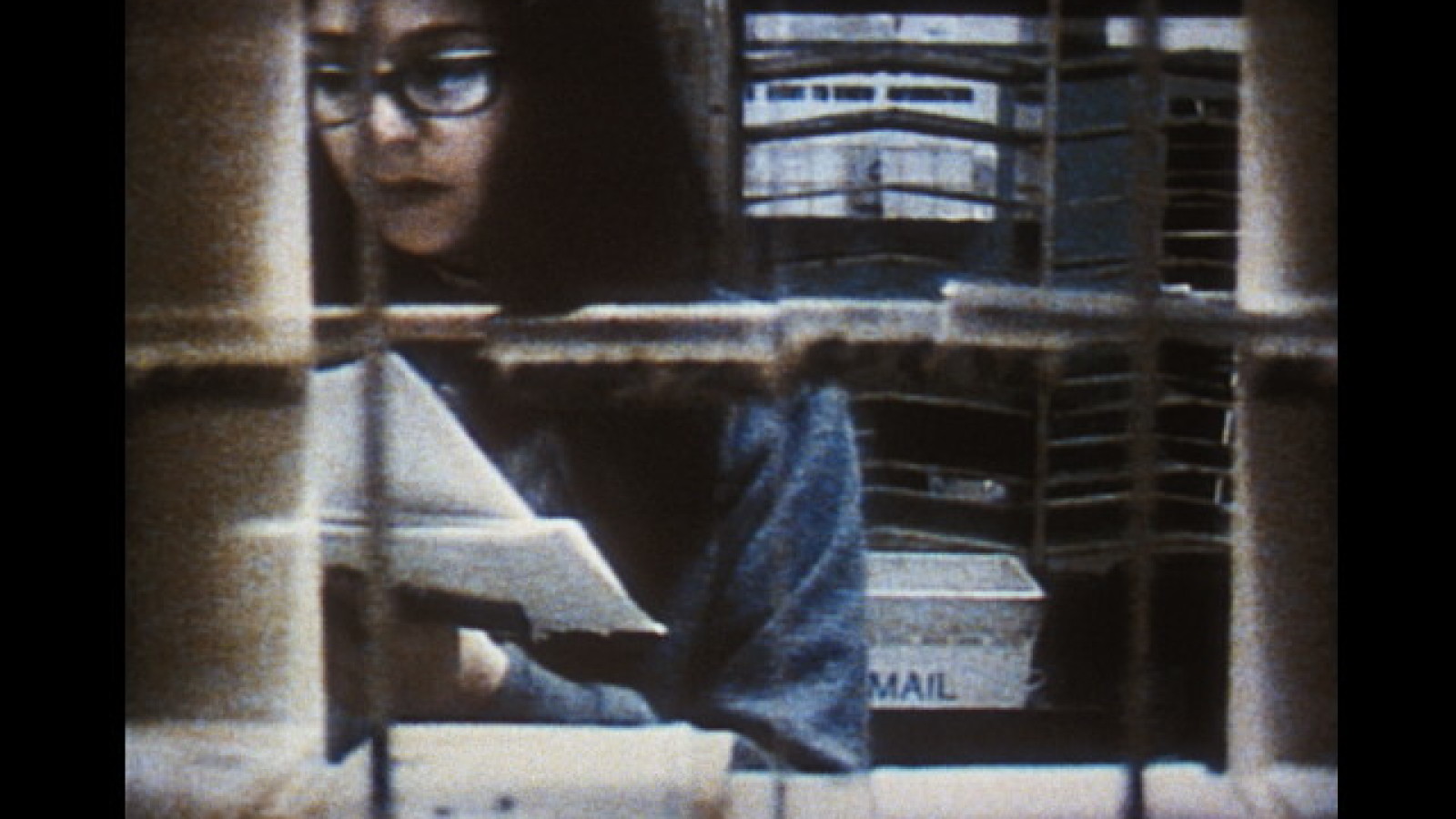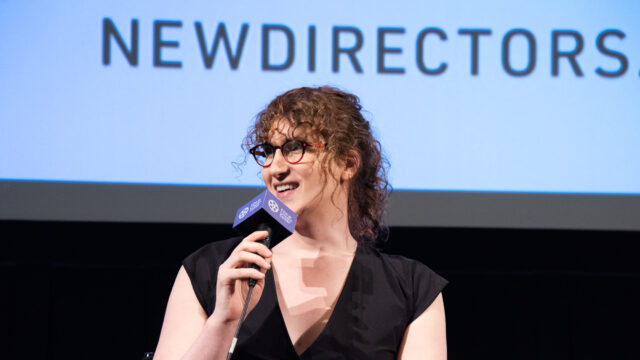Elisabeth Subrin Program
Post-screening discussion with Elisabeth Subrin, Thomas Beard, and Johanna Fateman
This program features several works by Elisabeth Subrin, including the re-release of Shulie (a re-creation of an unreleased, direct-cinema documentary about radical feminist Shulamith Firestone), as well as Lost Tribes and Promised Lands and Sweet Ruin. The screening will be followed by a panel with Subrin, Thomas Beard, and Johanna Fateman. Presented in collaboration with Video Data Bank.
Shulie
Elisabeth Subrin, USA, 1997, 16mm, 36m
Subrin’s brilliant and celebrated portrait of a woman on the verge of becoming a revolutionary restages shot for shot a lost 1967 documentary about then-struggling art student Shulamith Firestone. The resulting work is a reflection on the legacy of feminism, and on how much things seem to have changed yet fundamentally remained the same. This screening marks the re-release of Shulie, which has been out of circulation since 2012. [Images: Shulie, 1997, Super8/video/16mm]
Lost Tribes and Promised Lands
Elisabeth Subrin, USA, 2010, digital projection, 6m
An insightful study of the ways in which cities change, this film combines 16mm footage Subrin shot in the days after 9/11 of memorial displays around Williamsburg, Brooklyn, and the same sites nearly a decade later. The passage of time and ravages of gentrification are immediately apparent (Subrin had difficulty retracing her steps), yet the disjunctions between each moment in space and time are not easily attributed to one or the other, as loss builds upon loss. [Image: Lost Tribes and Promised Lands, 2001-2010, 16mm/Blu-Ray]
Sweet Ruin
Elisabeth Subrin, USA, 2008, digital projection, 10m
Shot on damaged 16mm film stock, this radical adaptation of Michelangelo Antonioni’s script for his unmade film Technically Sweet stars Gaby Hoffmann in roles originally written for Jack Nicholson and Maria Schneider. Subrin presents this “abandoned footage” in a dual projection, its flaws evidencing its ruin. Hoffmann blurs the lines between Nicholson’s “T.” and Schneider’s “The Girl” by retaining her femininity as both characters, at one point squatting to pee. Described as a meditation “on love, violence, and cinema,” Sweet Ruin will be screened here for the first time in a theatrical setting. [Images: Sweet Ruin, production still with Gaby Hoffmann, 2008]

